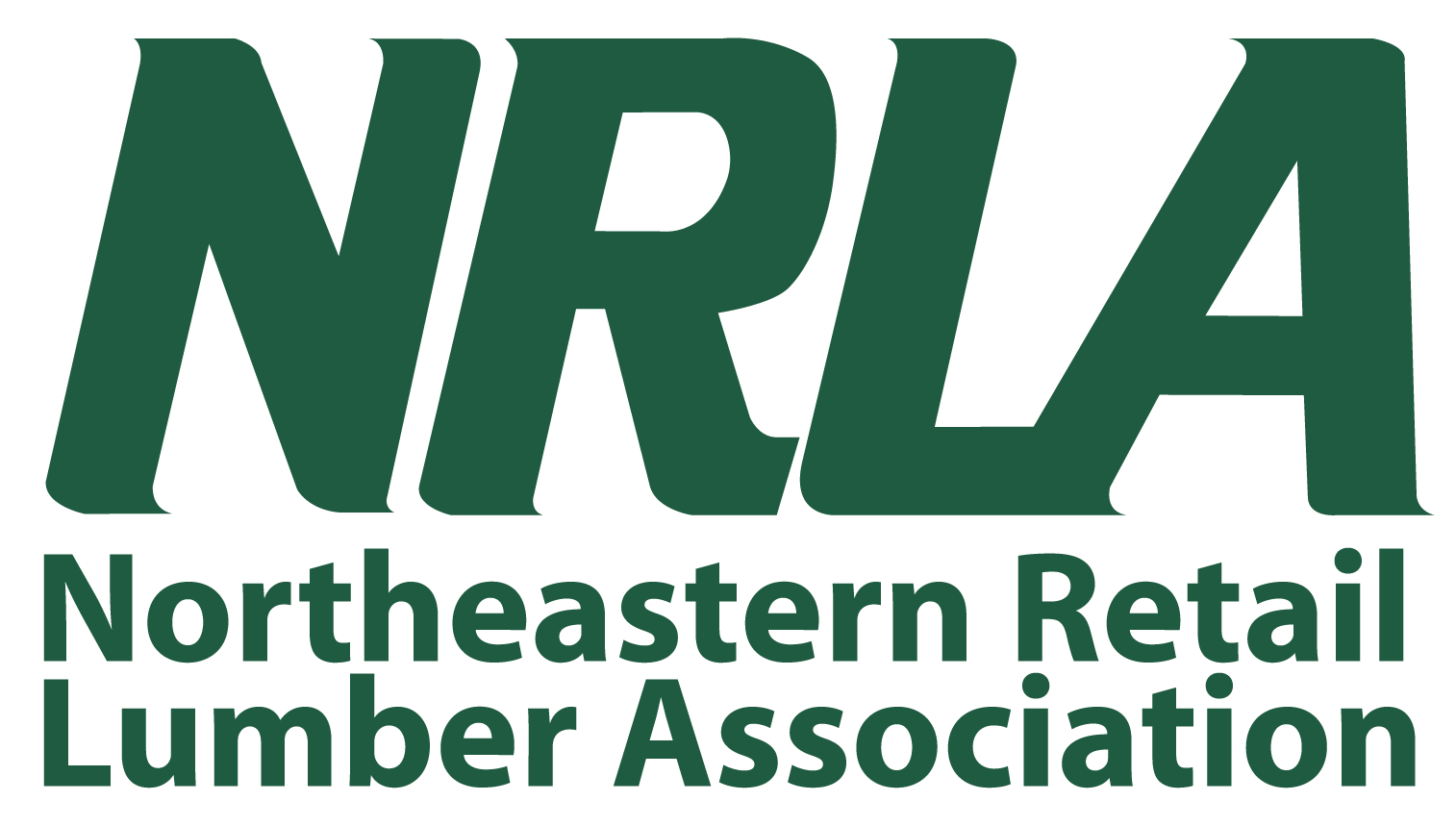For lumberyards and hardware retailers, an effective inventory management system can transform their business. As a retailer that sells to professional contractors, as well as consumers, your customers depend on you for the right tools and equipment they need to get their work done.
It’s your responsibility—and your opportunity—to meet these expectations efficiently.
Inventory management has always been a vital aspect of retail, but its importance has grown exponentially in recent years. The ability to track and control stock levels is not just about reducing carrying costs; it’s also about responding to customer needs and market demands.
In the fast-paced world of hardware retail, this agility is paramount. Retailers who can quickly adapt to changing market trends and customer preferences gain a significant edge over their competitors.
In this article, I’ll provide a look at the different ways lumberyards and hardware retailers manage their inventory, the benefits of using the right software tools, and what to look for when selecting inventory management software.
SYSTEMS VARY
Traditionally, retailers have employed a wide variety of “systems” to manage their inventory, ranging from simple manual tracking to sophisticated software platforms. Some retailers might still use basic methods like legal pads or spreadsheets, while others have adopted electronic data interchange (EDI) systems.
Each method has its pros and cons, but the key is finding what works best for your specific business needs. For instance, while manual methods might seem simpler, they often lead to errors and inefficiencies. In contrast, automated systems can streamline operations but require a certain level of technical proficiency.
The advent of inventory management software has revolutionized the way retailers stock and sell their hardware products. These tools go far beyond ordering and managing inventory. They provide invaluable insights into what products to stock, how to price them, how to most effectively allocate shelf space, and even understanding market trends.
They offer real-time data and analytics, enabling retailers to make more informed decisions. With these systems, retailers can anticipate market needs, understand customer buying patterns, and adjust their inventory accordingly. This leads to increased sales, improved customer satisfaction, and enhanced operational efficiency.

A smart inventory management software system, helps lumberyards and hardware retailers increase turns, improve profitability, and make data-informed decisions about the products they stock.
BENEFITS OF INVENTORY MANAGEMENT SOFTWARE
Data-Driven Decisions: A smart inventory management system provides data that help retailers understand which products are in demand, how seasonal trends affect sales, and where there might be gaps in the market. This information is crucial for making informed decisions about stock levels, pricing, and promotions.
Efficient Stock Management: Inventory management software can automate the process of ordering and restocking products, ensuring that popular items are always available while reducing the risk of overstocking those in less demand.
Enhanced Customer Experience: By having the right products available at the right time, retailers can significantly improve the shopping experience for their customers. This is especially important for professional contractors who rely on timely deliveries and consistent supply.
Today’s inventory management systems extend beyond basic stock control. They seamlessly integrate with other business systems, provide predictive analytics for future trend analysis, and offer mobile management solutions. These advanced features provide a comprehensive, real-time view of the business, facilitating better decision-making.
WHAT TO LOOK FOR
Selecting the right inventory management software is a critical decision. The ideal system should be user-friendly, scalable to your business size, and adaptable to changing market conditions. It should also integrate seamlessly with your existing processes and provide the level of data analysis you need.
Choosing the right partner to implement and maintain your inventory management system is as important as the system itself. The ideal partner should understand your industry’s unique challenges, offer tailored solutions, and provide ongoing support and training.
Effective inventory management extends beyond the realm of basic business operations; it acts as a catalyst for growth and innovation in the hardware retail sector. Embracing advanced inventory management software and forging a partnership with a knowledgeable provider positions retailers at the forefront of the industry.
This approach guarantees not only meeting but exceeding customer expectations with effectiveness and efficiency, thereby ensuring sustained business success.
With the integration of advanced software and technology, coupled with a dedication to ongoing development and staff training, hardware retailers are well-positioned to surpass the expectations of their professional contractor customers, leading to a trajectory of sustained growth and enhanced customer loyalty.
Want to read the full March 2024 issue? Click here.
Subscribe to receive the digital LC.
Brian Blevins is senior director of analytics and ecommerce for PrimeSource Building Products. He can be reached at blevinsb@primesourcebp.com.







